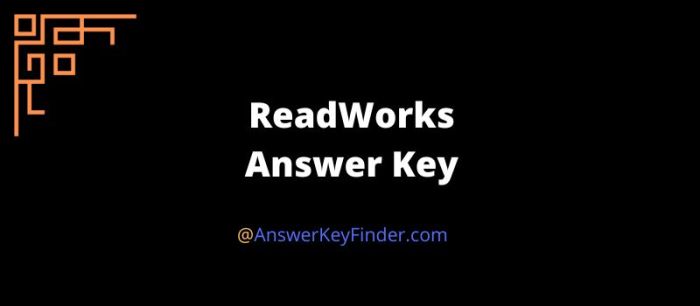Ralph lord of the flies freud – In William Golding’s classic novel “Lord of the Flies,” the character of Ralph serves as a compelling subject for psychoanalytic exploration. Through the lens of Sigmund Freud’s theories, we delve into Ralph’s inner conflicts, defense mechanisms, and psychosexual development, revealing the complexities that shape his character and interactions with others.
Ralph, the elected leader of the stranded boys, embodies the forces of civilization and order. His adherence to rules and morality stands in stark contrast to the savagery that engulfs the island. By analyzing Ralph’s character through a Freudian framework, we gain a deeper understanding of the psychological struggles and motivations that drive his actions.
Introduction
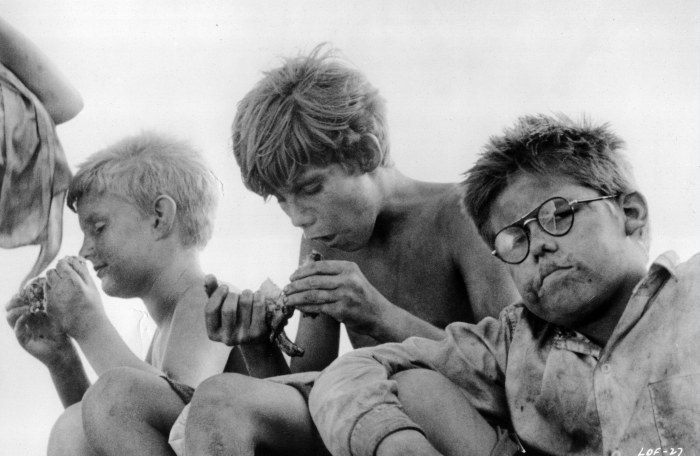
In the realm of “Lord of the Flies,” Ralph emerges as a pivotal character whose leadership qualities and adherence to societal norms stand in stark contrast to the savage instincts that engulf the other boys. To delve deeper into Ralph’s psyche, we turn to the theories of Sigmund Freud, the father of psychoanalysis, whose insights shed light on the underlying motivations and conflicts within Ralph’s character.
Freud’s theories posit that the human psyche is a complex interplay of conscious and unconscious forces. The id, the impulsive and instinctual part of the mind, seeks immediate gratification and pleasure. The superego, on the other hand, represents society’s moral and ethical values, striving to suppress the id’s desires.
Caught between these opposing forces lies the ego, which mediates between the id and superego, striving to maintain a balance and adapt to reality.
Ralph’s Character and Role
Ralph’s character embodies the civilized and rational side of human nature. As the elected leader of the boys, he strives to maintain order and harmony on the island. He believes in following rules, upholding fairness, and prioritizing the well-being of the group.
Ralph’s adherence to the superego’s moral compass sets him apart from the other boys who succumb to the id’s primal instincts.
Relevance of Freud’s Theories, Ralph lord of the flies freud
Freud’s theories provide a framework for understanding the inner workings of Ralph’s character. His emphasis on the conflict between the id and superego highlights the struggle within Ralph as he grapples with the allure of savagery while striving to uphold civilized values.
The id’s impulsive nature manifests itself in Ralph’s moments of anger and frustration, while the superego’s influence guides his decisions towards cooperation and order.
Ralph’s Id, Ego, and Superego: Ralph Lord Of The Flies Freud
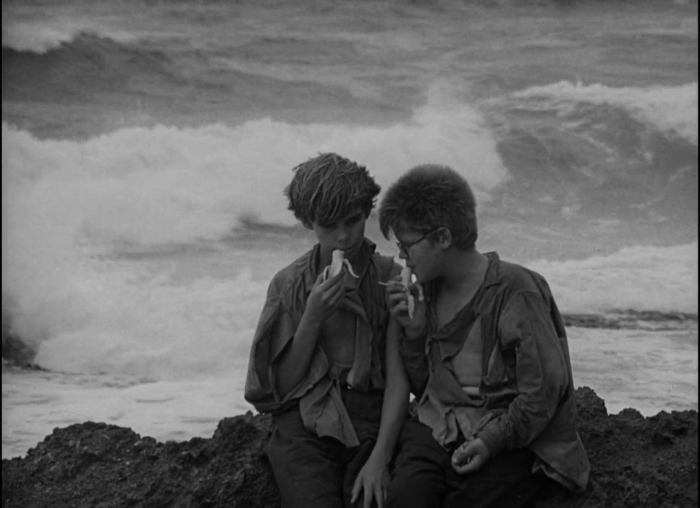
Ralph, the protagonist of William Golding’s “Lord of the Flies,” is a complex character whose behavior can be analyzed in terms of Sigmund Freud’s psychoanalytic theory of the id, ego, and superego.
The Id
The id, according to Freud, is the impulsive, pleasure-seeking part of the personality. It operates on the “pleasure principle,” seeking immediate gratification without regard for consequences.
Ralph’s id is evident in his initial desire to have fun and play on the island. He is easily distracted and often acts on impulse, such as when he suggests swimming instead of building shelters.
The Ego
The ego, in contrast, is the rational, reality-oriented part of the personality. It mediates between the demands of the id and the constraints of the superego.
Ralph’s ego is seen in his attempts to establish order and civilization on the island. He tries to organize the boys, create rules, and maintain a sense of fairness.
The Superego
The superego, finally, is the moral conscience of the personality. It represents internalized social norms and values.
Ralph’s superego is evident in his sense of guilt and responsibility. He feels guilty for the death of Simon and is constantly striving to do the right thing.
Conflicts Between the Id, Ego, and Superego
The id, ego, and superego are in constant conflict within Ralph’s personality. His id desires immediate gratification, while his ego tries to balance this with the demands of reality and his superego tries to guide him towards morality.
These conflicts are seen throughout the novel. For example, Ralph’s id wants to play and have fun, but his ego knows that they need to focus on survival. His superego, meanwhile, makes him feel guilty for his actions and reminds him of his responsibility to the other boys.
Ralph’s Defense Mechanisms
In the face of the escalating chaos and violence on the island, Ralph employs various defense mechanisms to cope with the inner turmoil and conflicts he experiences. These mechanisms influence his behavior and relationships, shaping his interactions with the other boys.
One of the defense mechanisms Ralph utilizes is rationalization. He attempts to justify his actions and decisions by providing logical explanations, even when they may not fully align with reality. For instance, after failing to maintain order among the boys, Ralph rationalizes his inability to control the situation by attributing it to the inherent savagery of human nature.
Projection
Ralph also exhibits projection, attributing his own negative thoughts and impulses to others. He projects his fears and anxieties onto the other boys, perceiving them as a threat to his authority and the stability of the group. This projection leads to misunderstandings and conflicts, as Ralph becomes suspicious and distrustful of his companions.
Displacement
Furthermore, Ralph employs displacement, redirecting his emotions and aggression towards less threatening targets. Instead of confronting Jack directly for his challenges to his leadership, Ralph displaces his anger and frustration onto Piggy, who becomes a convenient scapegoat for his frustrations.
The effectiveness of Ralph’s defense mechanisms is questionable. While they provide him with temporary relief from the internal conflicts he faces, they ultimately hinder his ability to address the underlying issues and resolve the problems on the island. His rationalizations prevent him from acknowledging his own shortcomings, his projections create unnecessary tension and conflict, and his displacements fail to address the root causes of the group’s disintegration.
Ralph and the Other Characters
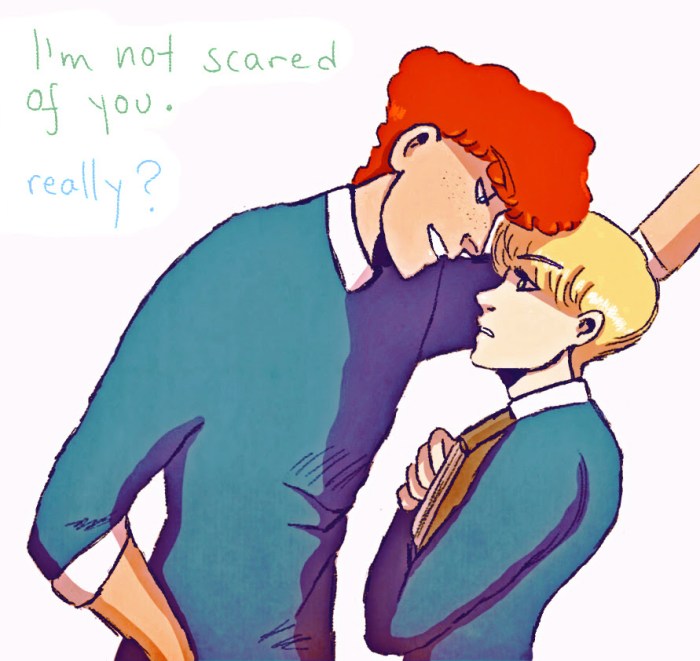
Ralph’s psychological profile stands in stark contrast to that of many other characters in the novel. Unlike the savage and impulsive Jack, Ralph embodies reason, order, and civilization. He is a natural leader who attempts to maintain peace and harmony among the boys, even as the island descends into chaos.
Ralph’s Interactions with Other Characters
Ralph’s interactions with other characters reveal his own psychological makeup. His conflicts with Jack highlight his struggle to maintain order and reason amidst the growing savagery. His friendship with Piggy demonstrates his compassion and empathy for the weak and vulnerable.
Ralph’s interactions with Simon reveal his spiritual side and his capacity for introspection.
Influence of Other Characters on Ralph’s Psychological Development
The other characters on the island have a significant influence on Ralph’s psychological development. Jack’s savagery challenges Ralph’s faith in human nature and his ability to lead. Piggy’s intelligence and support provide Ralph with a sense of stability and hope.
Ralph, the leader in “Lord of the Flies,” may have benefited from wearing a USCG Winter Dress Blue Shirt during his time on the island. The shirt’s disciplined appearance could have helped him maintain authority and project a sense of stability, potentially mitigating the descent into chaos that ultimately engulfed the boys.
Simon’s spiritual insights help Ralph to connect with his own inner self.
Ralph’s Symbolism
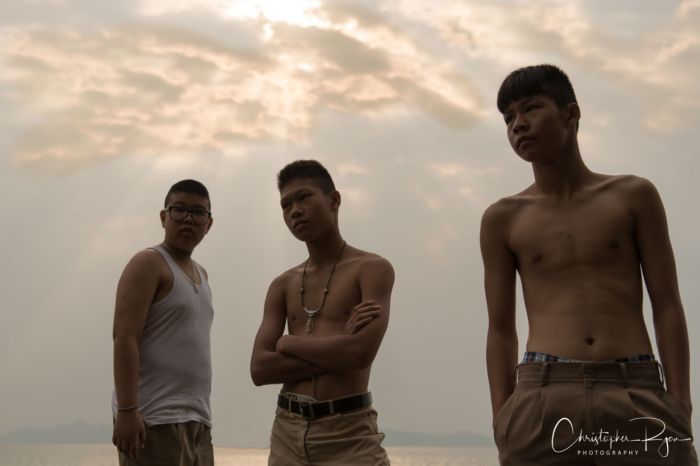
In William Golding’s Lord of the Flies, Ralph serves as a multifaceted symbol representing the forces of civilization, order, and the struggle against primal instincts. His character embodies the novel’s central themes of societal collapse, the loss of innocence, and the inherent savagery within human nature.
Ralph’s Representation of Civilization and Order
- Ralph’s insistence on democratic principles and rules highlights the importance of societal structures in maintaining order and preventing chaos.
- His efforts to build shelters, establish a fire, and create a sense of community demonstrate his belief in the power of reason and cooperation.
- Ralph’s attempts to rescue Piggy and the choir boys symbolize his commitment to protecting the innocent and upholding moral values.
Ralph’s Reflection of the Novel’s Themes
Ralph’s character also serves as a mirror for the novel’s overarching themes:
- Societal Collapse:Ralph’s inability to maintain order on the island reflects the fragility of civilization and the ease with which it can crumble under the weight of primal instincts.
- Loss of Innocence:Ralph’s gradual transformation from a responsible leader to a hunted fugitive parallels the loss of innocence experienced by the boys on the island.
- Inherent Savagery:Ralph’s struggle to control the boys’ violent impulses reveals the dark side of human nature and the potential for savagery even in the most seemingly civilized individuals.
Questions and Answers
How does Freud’s theory of the id, ego, and superego apply to Ralph’s character?
Ralph’s id represents his impulsive and primal instincts, his ego mediates between his id and superego, and his superego embodies his moral conscience and societal values.
What defense mechanisms does Ralph use to cope with his inner conflicts?
Ralph employs defense mechanisms such as denial, projection, and rationalization to protect himself from anxiety and maintain a sense of order.
How does Ralph’s psychosexual development influence his character and behavior?
Ralph’s psychosexual development is marked by conflicts and challenges, which shape his sense of identity, relationships, and moral values.
